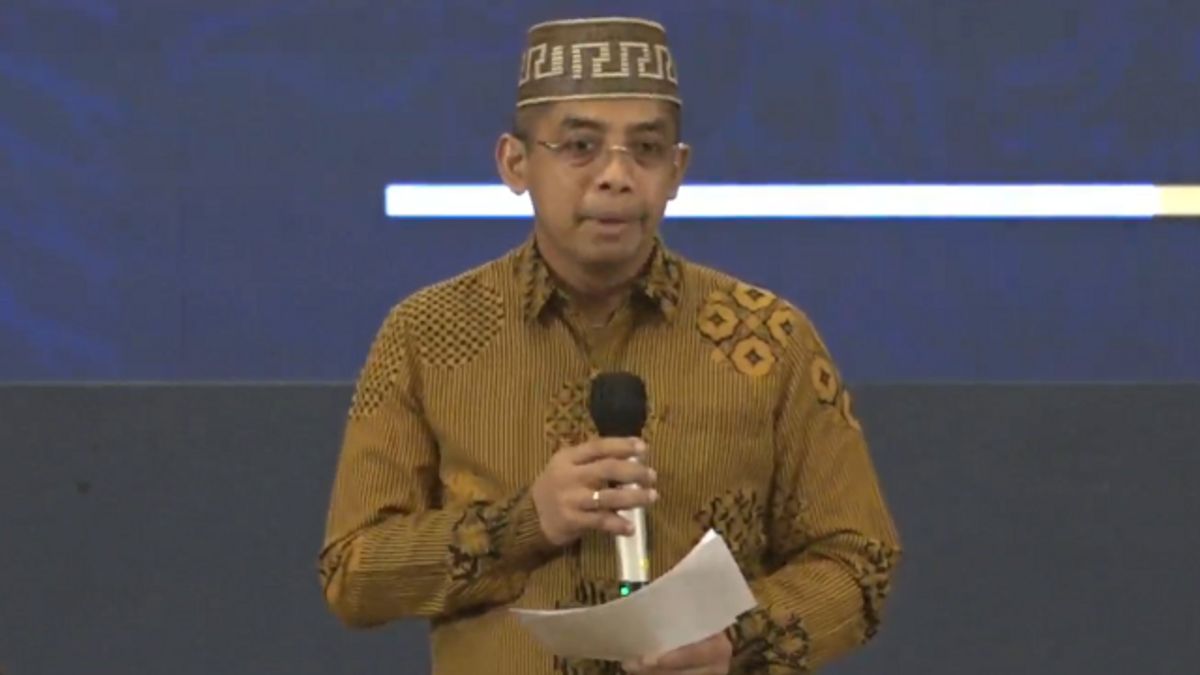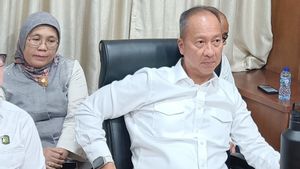JAKARTA - Director General of Taxes at the Indonesian Ministry of Finance, Suryo Utomo, believes that tax reform needs to be carried out so that the Indonesian tax system is able to keep pace with technological advances.
“We will continue to try to make changes because time passes, situations change. "In the last few years there have been changes in the way of transactions, the way of communicating, or the way of connecting in the media, digital footprints, digital communities, digital transactions, this is something we cannot avoid at this time," said Suryo at the 2023 Tax Reform Workshop and Update in Jakarta, quoted from Antara, Tuesday, September 26.
Suryo explained that the Directorate General of Taxes was continuing Tax Reform Volume III which had started in 2017 until now. This tax reform is aimed at increasing the effectiveness of tax revenues as well as collecting more objective administrative data in society.
In his presentation, Suryo said there were five pillars of tax revenue optimization that the government focused on. The first pillar concerns regulations. There is a need for legal certainty that can accommodate economic dynamics, reduce compliance costs, expand the tax base and increase tax revenues.
The second pillar, the Directorate General of Taxes focuses on improving business processes by referring to changes in business processes, ways of working, and people's ways of transacting in the current era of digitalization.
"Third, is how we really utilize data, data related to the amnesty program that was delivered in 2016-2017, data related to exchange of information activities that we obtained from 2018 until now, and other data that we continue to obtain, said Suryo.
The fourth pillar, increasing human resources (HR) who are professional, competent, credible and have integrity.
And the fifth pillar, changes to a more ideal organizational structure.
"This is important, because the backbone of the workers' organization is human resources, the backbone of implementing the administrative system is also human resources. "So what is important for us is how to continue to calibrate to implement the information system that will be used in the future," he said.
Baca juga:
The tax revenue target in the 2024 APBN Bill is set at IDR 1,986.9 trillion. Expert Staff to the Minister of Finance for Tax Compliance, Yon Arsal, believes that this target is still realistic to achieve.
He explained that the tax growth target of 9.2 percent is still considered rational because it refers to Indonesia's fairly solid economic growth performance of above 5 percent.
Then, based on Indonesia's annual inflation rate (yoy), which decreased to 3.08 percent, it is a reflection of Indonesia's consistently improving economic growth until 2024.
To be able to achieve the tax revenue target of IDR 1,986.9 trillion, Yon Arsal explained that his party will implement various tax technical policy strategies in 2024 which also include optimizing the expansion of the tax base as a follow-up to the Law on Harmonization of Tax Regulations (UU HPP).
The English, Chinese, Japanese, Arabic, and French versions are automatically generated by the AI. So there may still be inaccuracies in translating, please always see Indonesian as our main language. (system supported by DigitalSiber.id)













